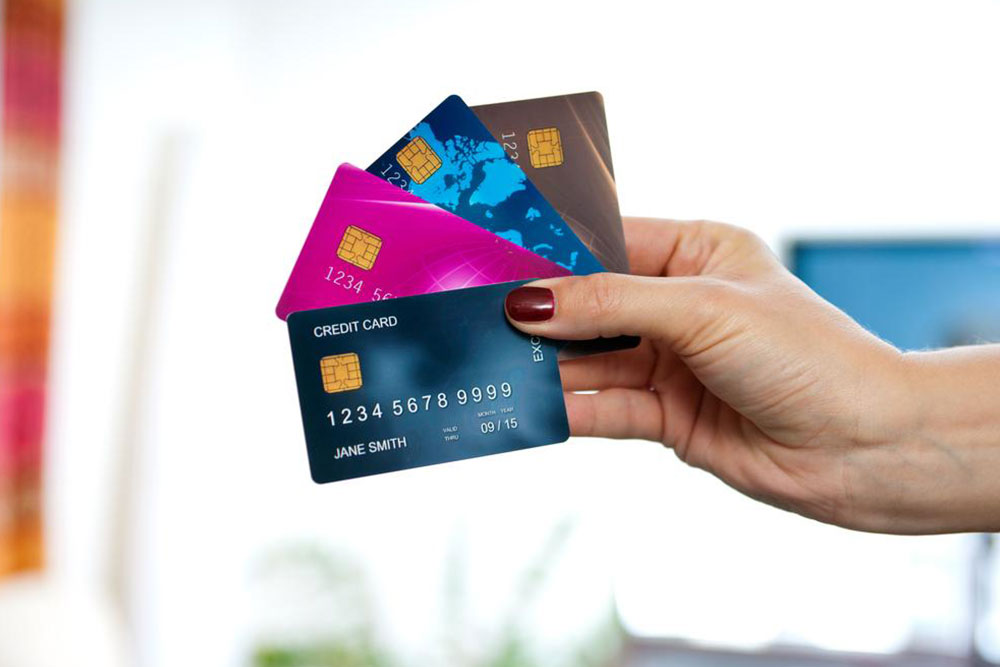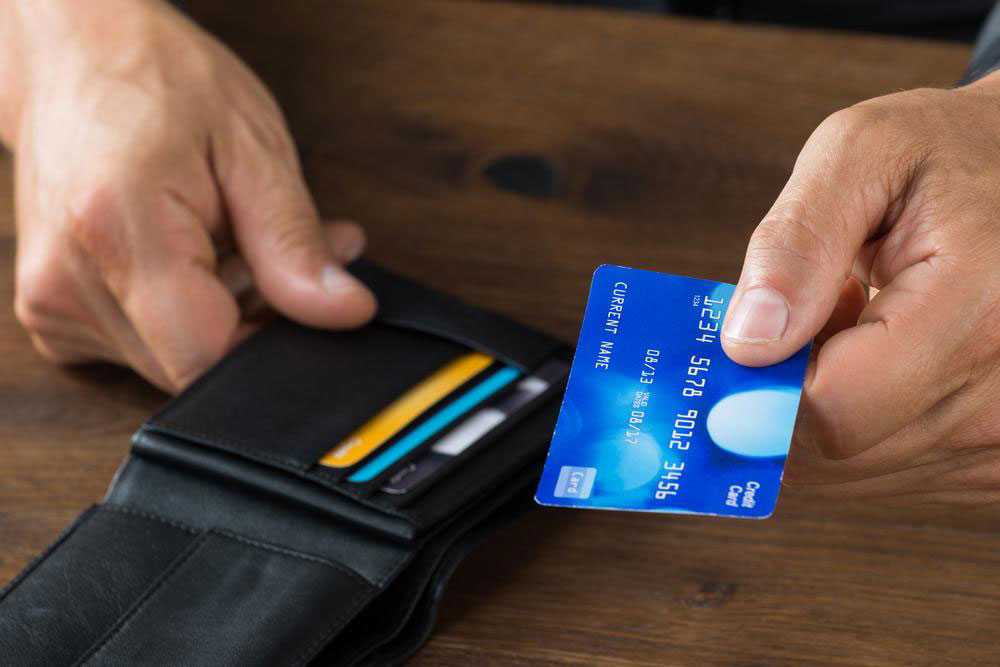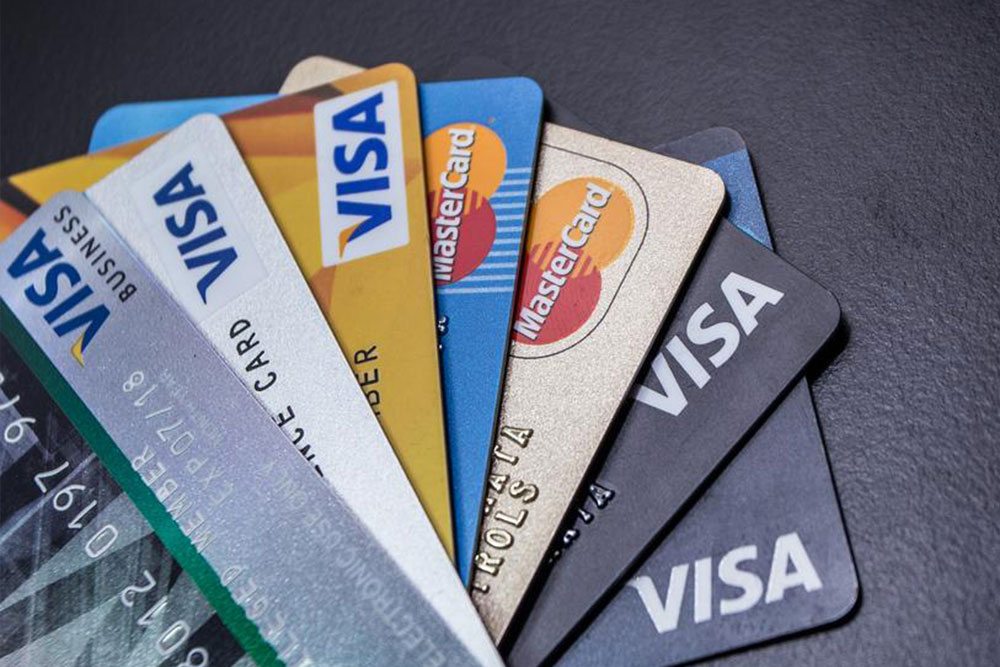Effective Strategies for Responsible Credit Card Use Without Falling into Debt
Discover comprehensive, practical strategies for using credit cards responsibly to avoid debt. Learn how to adjust your spending habits, cultivate financial discipline, build emergency savings, prevent fraud, and maximize rewards. This guide provides detailed tips on maintaining a healthy credit profile and managing your finances effectively in today’s evolving economic environment, ensuring you enjoy the benefits of credit cards without falling into common pitfalls.

Effective Strategies for Responsible Credit Card Use Without Falling into Debt
Credit cards have become an integral part of modern financial management, providing consumers with increased purchasing power, convenience, and opportunities to build their credit profiles. While they offer numerous benefits, improper use can lead to mounting debt and financial stress. The escalating cost of living has caused many individuals to depend heavily on credit cards to cover daily expenses, sometimes beyond what they can realistically afford to repay. Nonetheless, with disciplined and strategic use, credit cards can be powerful tools for financial growth without the risk of falling into debt. This comprehensive guide discusses proven methods to utilize credit cards responsibly and avoid debt accumulation, ensuring you make the most of your financial resources.
Refining Your Credit Card Usage Habits
Many consumers fall into the trap of relying excessively on credit cards to manage income gaps or unforeseen expenses. This habit can quickly spiral into debt if not carefully monitored. The key to responsible credit card management starts with understanding your spending habits and setting boundaries. Use your credit card for predictable, manageable expenses—such as groceries, utility bills, or small recurring payments—that you can comfortably pay off each month. Avoid using credit cards for impulsive purchases or expenses that stretch your budget, as these can lead to high balances that are difficult to clear. Moreover, utilizing credit cards for routine transactions allows you to earn rewards, cashback, or travel points, which can add extra value to your spending without increasing debt. Maintaining disciplined spending not only helps preserve your financial health but also helps you build a positive credit history.
Cultivating Financial Discipline
Discipline remains the cornerstone of effective credit card use. You don’t need a high income to manage your credit responsibilities effectively; what matters most is how you plan your expenses and track your spending. Creating and adhering to a monthly budget helps you stay within your financial limits. Regularly reviewing your statements and setting spending limits ensures you are not overspending. Always aim to pay your credit card bills in full by the due date to avoid interest charges, which can quickly escalate your debt. If you find your credit card balances are consistently high, it may signify the need to cut back on discretionary spending or look for additional income sources to bridge the gap. Practicing discipline in your financial activities fosters responsible credit use and enhances your overall financial stability.
Remember, your total credit card debt should never surpass what you can comfortably repay from your income. Relying excessively on credit could indicate underlying issues like overspending or insufficient income and should be addressed promptly.
Building an Emergency Savings Fund
The importance of having an emergency fund cannot be overstated. Life is unpredictable, and unforeseen expenses such as medical emergencies, sudden repairs, or job loss can put significant financial strain on your household. An emergency fund acts as a financial safety net, preventing you from turning to credit cards in times of crisis. Experts recommend saving at least three to six months’ worth of living expenses. Building this fund involves committed savings over time—consider setting aside a small portion of your income each month into a separate, accessible account. Having a substantial emergency fund not only provides peace of mind but also reduces reliance on debt to cover emergency costs. Ultimately, maintaining such a reserve promotes financial independence and resilience.
Additional Insights: Protecting Yourself from Credit Card Fraud
While managing your credit card responsibly, it’s equally important to safeguard your personal information from theft and fraud. Always use secure websites for online transactions, avoid sharing sensitive details, and monitor your statements regularly for unauthorized charges. Employing credit card alerts and two-factor authentication can add layers of security to your accounts.
Avoid Holding Multiple Credit Cards
Although some believe owning multiple credit cards can boost credit scores, the reality is that your payment history and responsible management play more critical roles. Managing several accounts increases the risk of missing payments and due dates. Limiting yourself to one or two credit cards that you can comfortably manage is advisable. This simplifies tracking expenses, makes payments more manageable, and helps you avoid unnecessary interest and fees.
Timely Payments are Crucial
Always prioritize settling your credit card bills on time. Late payments damage your credit score and can result in penalties, higher interest rates, or even account suspension. Setting up automatic payments or reminders ensures you never miss a due date. Early payments fluctuate your credit utilization ratio positively, making it beneficial for your credit profile. Staying current and avoiding late payments are fundamental to maintaining a debt-free credit card experience.
Leveraging Rewards Strategically
Maximize the benefits of your credit cards by understanding the reward programs they offer. Use your cards for expenses that earn you the most rewards, but always without overspending. Combining strategic rewards utilization with responsible payment habits allows you to enjoy perks like cashback, travel discounts, or gift cards while avoiding extra costs. Being informed about the terms and conditions of reward programs helps you make smarter choices and derive maximum value from your credit cards.
Stay updated on newer financial tips and credit card trends by following industry authorities on social media platforms like Facebook and Twitter, ensuring you stay ahead in managing your finances efficiently.





